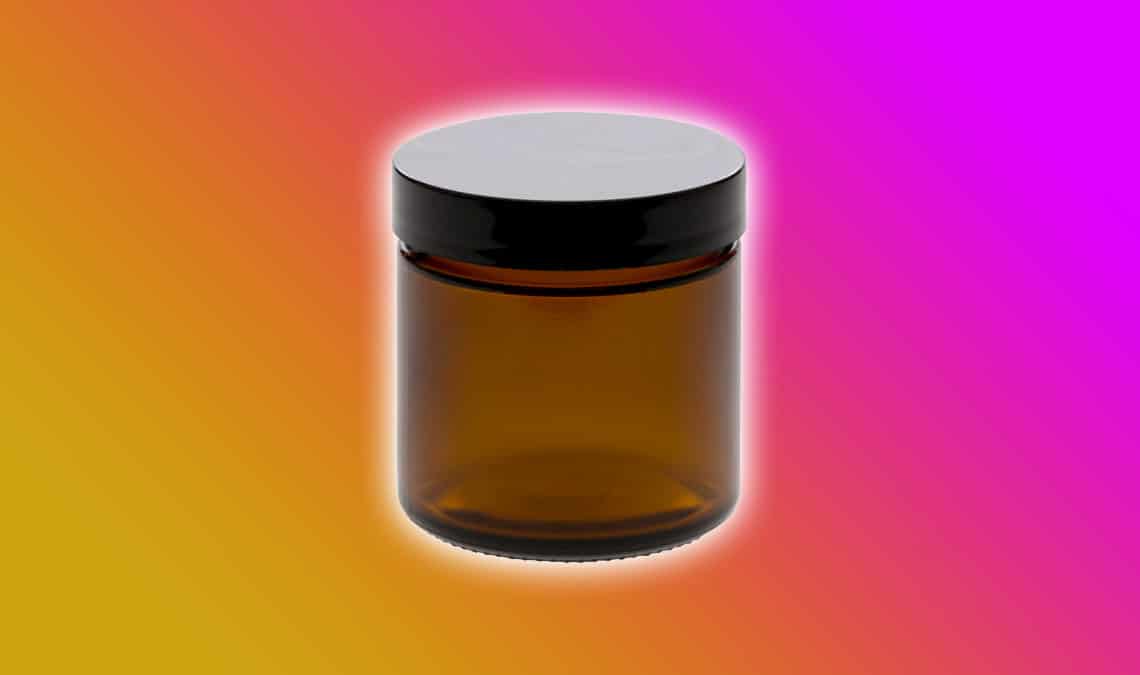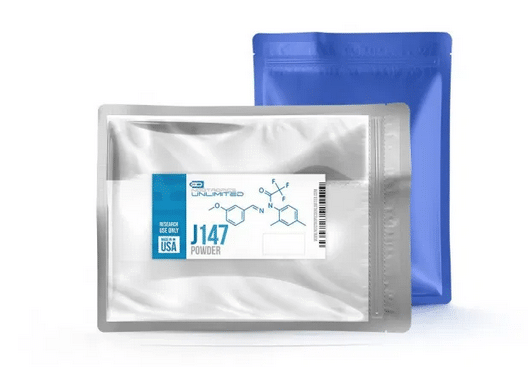
If you’ve read many health websites, you’ve probably seen a few articles about the health benefits of spices–how they can help you lose weight, improve circulation, or even stave off dementia.
As wild as that may sound, one of the most promising new anti-dementia drugs is in fact derived from a spice you’ve probably eaten hundreds of times. It’s called J147, and it’s derived from curcumin, the active ingredient in turmeric.
J147 has been tested on mice for nearly a decade now, and just began human trials in early 2020. That means it’s a long way from approval, although it is currently available as a research chemical. The results so far are promising, particularly when looked at in context of the known benefits of curcumin. So is J147 the next big anti-dementia drug?
J147 For Alzheimers
J147 reverses cognitive impairment and improves memory in elderly mice with Alzheimer’s Disease. To quote the conclusion of the study:
Data presented here demonstrate that J147 has the ability to rescue cognitive deficits when administered at a late stage in the disease. The ability of J147 to improve memory in aged AD mice is correlated with its induction of the neurotrophic factors NGF (nerve growth factor) and BDNF (brain derived neurotrophic factor) as well as several BDNF-responsive proteins which are important for learning and memory. The comparison between J147 and donepezil in the scopolamine model showed that while both compounds were comparable at rescuing short term memory, J147 was superior at rescuing spatial memory and a combination of the two worked best for contextual and cued memory.
In other words, J147 increases production of several enzymes which promote the growth and survival of brain cells.
More recently, another potential mechanism of action has been identified: J147 seems to enhance the production of ATP synthase in brain cells. ATP synthase is a mitochondrial protein which produces ATP, the main form of energy used by cells.
Yet another study found that J147 increase the body’s production of ketone bodies, a form of fuel made from fatty acids when glucose stores are low.
One other study found that J147 reduced or even reversed damage to, and leakage from, small blood vessels in mouse brains. It is not clear yet how big of a factor this is in its effectiveness.
As a final note, J147 appears to have a high therapeutic safety window. In other words, the dangerous dose of J147 is many times higher than the effective dose.
J147 Human Trials And User J147 Experiences
The first human study of J147 has been registered and apparently completed in 2020. As a phase 1 trial, it appears to have been conducted on 64 healthy adults, with the primary aim of assessing the safety and pharmacokinetics (half-life, side effects, tissue concentrations) of J147, rather than its effectiveness in treating any ailment.
The results of this study have not yet been published, though we do know that it was completed apparently without major issues.
Although J147 is available as a research chemical and has been the subject of some discussion in nootropics communities, few user experiences have been shared so far, and many people are waiting to see more research first.
Out of the few user experiences that have been shared, most people seem to notice no clear effects. The duration of use in these user experiences is generally much shorter than in research, but the users also tend to be young and healthy– suggesting J147 may not have very profound nootropic effects on healthy young adults.
In the absence of human studies or widespread human anecdote, we can only speculate as to how effective J147 is likely to be. In principle, anything which improves neuronal energy metabolism should have nootropic effects–however energy usage may not actually be the limiting factor in your cognitive performance. Maybe it’s how fast nutrients can be shuttled in and out of your brain, or how well your thoughts are organized.
J147 also greatly increases the production of neurotrophic factors–so it could potentially help you grow more brain cells and synapses. Bear in mind, however, that it is possible to have too many brain cells and synapses.
So far there is little reason to expect J147 to have very much of a nootropic effect on young and healthy adults. It probably is helpful for people with dementia. Where it might be useful as a nootropic is in somewhat older people who know that dementia runs in their family–it may arrest or reverse cognitive decline before it progresses to clinical dementia. Maybe anyway–it will be a long time before we know for sure.
J147 Dosage
Different studies have used different dosages on mice, but one of the better-reviewed studies gave mice 10 mg/kg of body weight per day. Another study used dosages of 1, 3 or 9 mg/kg, and found dose-dependent effects, with the higher dosages working better.
However, translating this to a human dosage requires adjusting for body surface area. According to the most commonly-used conversion formula, a human-equivalent dose should equal the mouse dosage divided by 12.3–or .81 mg per kg of bodyweight per day.
That’s .36 mg of J147 per pound of bodyweight per day. This would be 36 mg a day for a hundred-pound person, 54 mg for a 150 pound person, or 72 mg for a 200 pound person.
However, other studies have found positive results from even lower dosages, and given that J147 targets the brain, it’s not totally clear that dosage would scale perfectly based on body size.
As such, these numbers should be viewed as upper limits, and there is every reason to believe that 10 to 20 mg a day should be enough to have some effect.
Where To Buy J147

J147 Powder
Nootropics Unlimited J147 Powder
Nootropics Unlimited is one of the most well-known and trusted nootropics suppliers around. Simply put, their products always work, and always contain what they say they do.
They package their products in simple ziplock bags with tamper-proof seals. These bags are thick and durable but are not UV-protected so make sure to store them in a dark place.
Editor’s note on Dec 13, 2021: Currently out of stock. We will update this review when it’s available.
Editor’s note: we are regularly updating this review. If you see any problems, weird interpretations of the data, or just want to say hi, please reach out to hello@the-unwinder.com.
